Years ago, I saw an advertisement for a horror movie, which proudly proclaimed itself so scary one should repeat to themselves, “It’s only a movie”.
NEVER RARELY SOMETIMES ALWAYS, the heart-wrenching realist drama from Eliza Hittman, reminded me of that ad. Here is a film that is infinitely more terrifying than anything I’ve ever seen, one that made me squirm in my seat and ache in my heart. I kept thinking about how unhelpful such a mantra would be here. It’s not just a movie, but an authentic depiction of everyday life for half the planet.
It’s the story of a teenager, Autumn, who finds out she’s pregnant. She lives in a town we quickly realize is not the kind of place that looks favorably on women choosing what to do with their bodies. With no alternative in sight and her cousin in tow, Autumn makes the long journey to New York for the nearest Planned Parenthood clinic to abort the pregnancy.
As far as things like plot or story go, that’s the long and short of it. This isn’t the kind of film that thrives on sharp twists and turns or witty dialog. That’s not how life is. Instead, NEVER RARELY fills the screen with painful observations of what it’s like to be a woman of any age in a world built against them.
It’s the moments in between and in things left unsaid that make this such a vital film. Anchored by outstanding performances from Sidney Flanigan and Talia Ryder, NEVER RARELY finds incredible tenderness in the solidarity and grace that these two children on the precipice of womanhood share. In a few short, wordless scenes, we learn everything there is to know about their world and where men fit in. It’s not a difficult place to imagine as Hittman’s sharp eye captures the society that testosterone has built in painful detail.
It’s not sensationalist nor judgemental; there’s no energy for that here. This is as matter-of-fact as a fictional film can get before it takes the step into a documentary. Hittman favors natural light and minimalist sound design, which in turn amplifies every choice made in despair. Like the scene where Autumn repeatedly punches her stomach as her options begin to fade away. Or an all too familiar moment at a school talent show, where the adults tolerate bullying with uncomfortable shifting in seats. There’s an unspoken expectation that some things just need to be sucked up and dealt with on your own.
Equally painful is realizing that the generational gap between mothers and daughters has grown so vast that the parents can’t recognize the world their children are living in. They might as well live with blinders on, earnestly but helplessly asking if everything is OK when they can’t do anything about things even if they weren’t.
Instead, Hittman emphasizes silent gestures and tender physical comfort like holding hands as an emotional safety net. In a pivotal moment, two fingers intertwining on outstretched hands serve as a symbol of immense trust and heartbreaking support in a situation no one should have to experience.
The title comes from a series of questions and answers asked by counselors. In a long and mostly single-take scene, Flanigan delivers a tour de force performance opposite a real-life counselor, Kelly Chapman, who asks the questions. Between the lengthy pauses, there isn’t a breakthrough of splendor and emotion. Instead, the things left unsaid, and the held-back tears speak for themselves.
It would be easy for Hittman to make this a miserabilist fantasy where tragedy expounded on another. It wouldn’t be any further from the truth than this story is. Life as a woman in America is in a horrible place right now. It probably always has been.
To tell this particular truth with this much subtlety and immense humanity deserves to be lauded. This is a film that is an exercise in great empathy. It deserves the widest audience precisely for how difficult the topic is and how frankly and eloquently Hittman presents a cry for basic human decency.


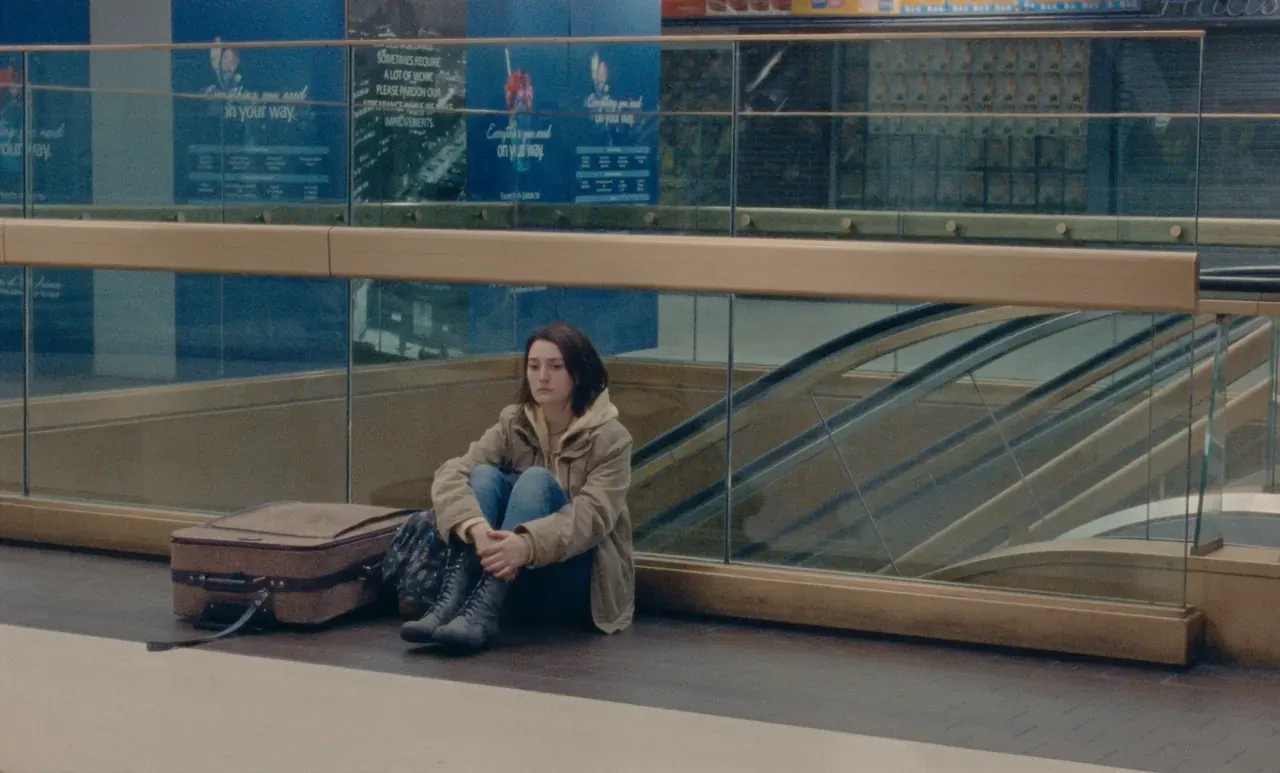
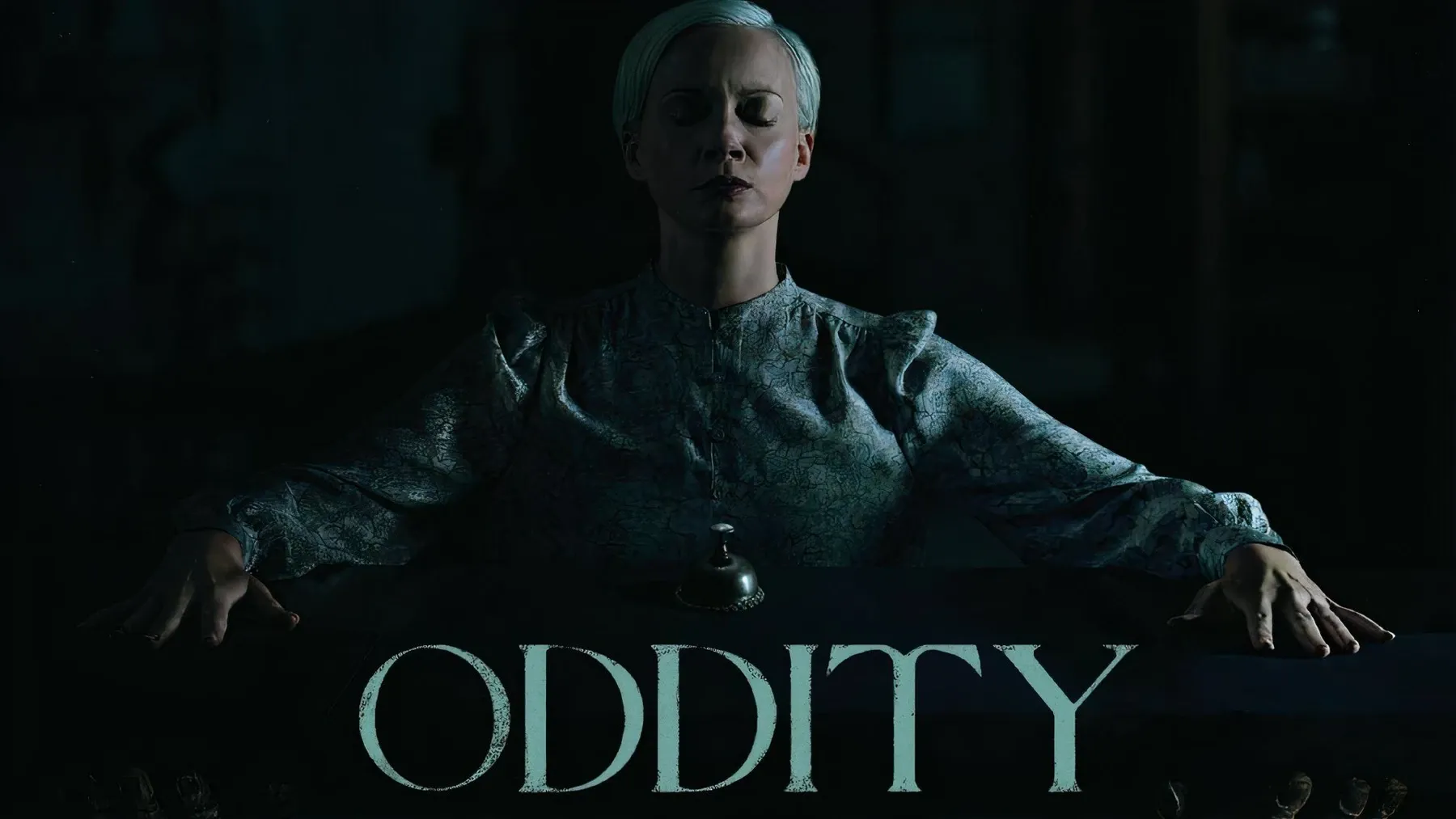



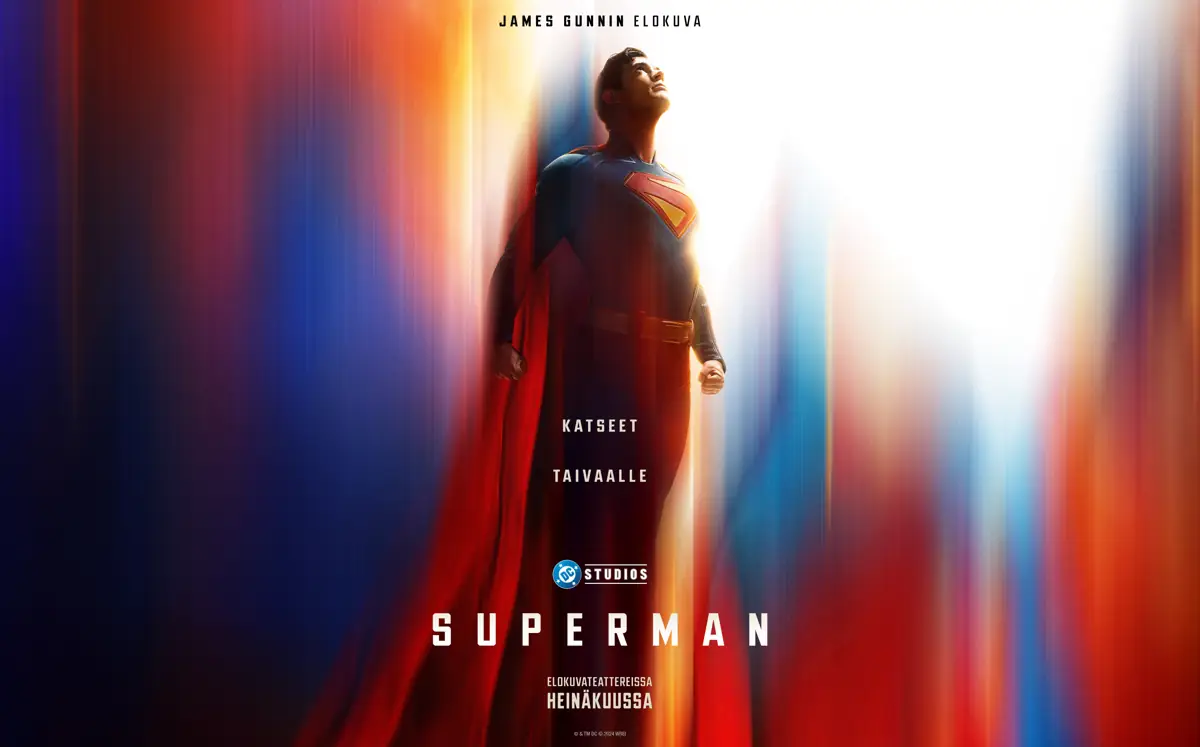


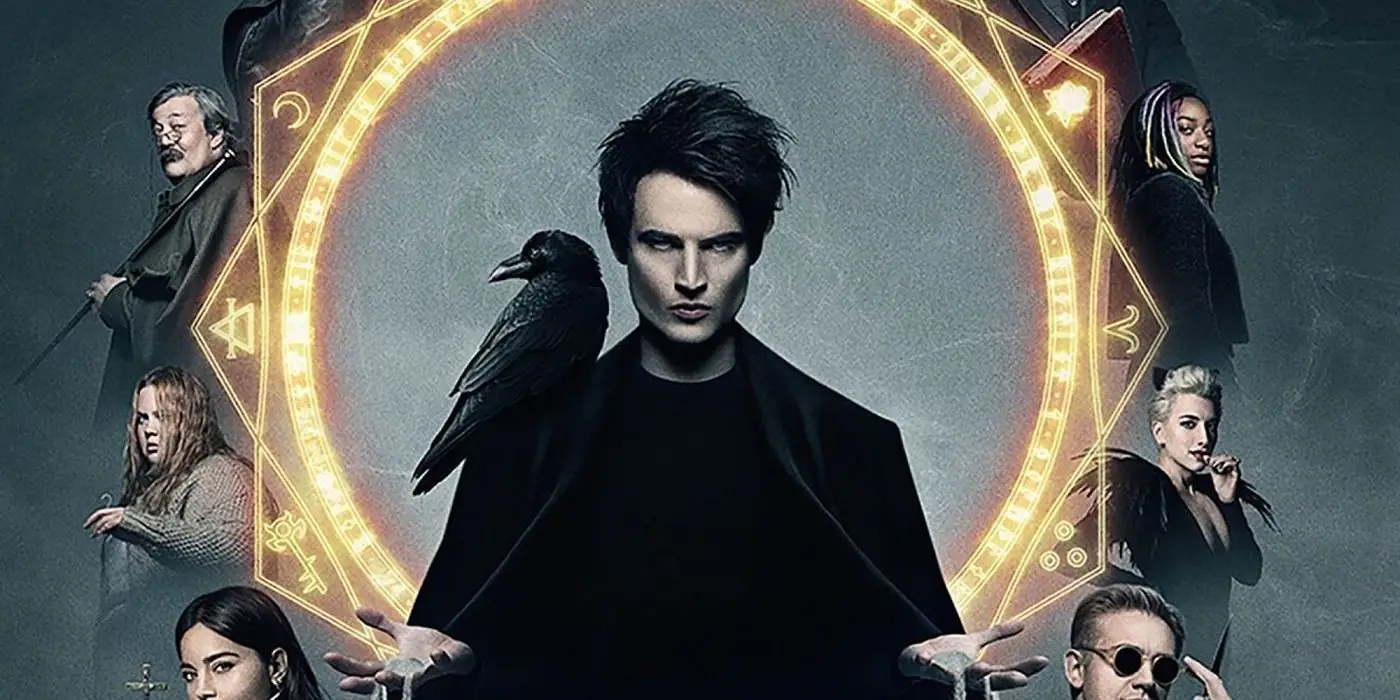
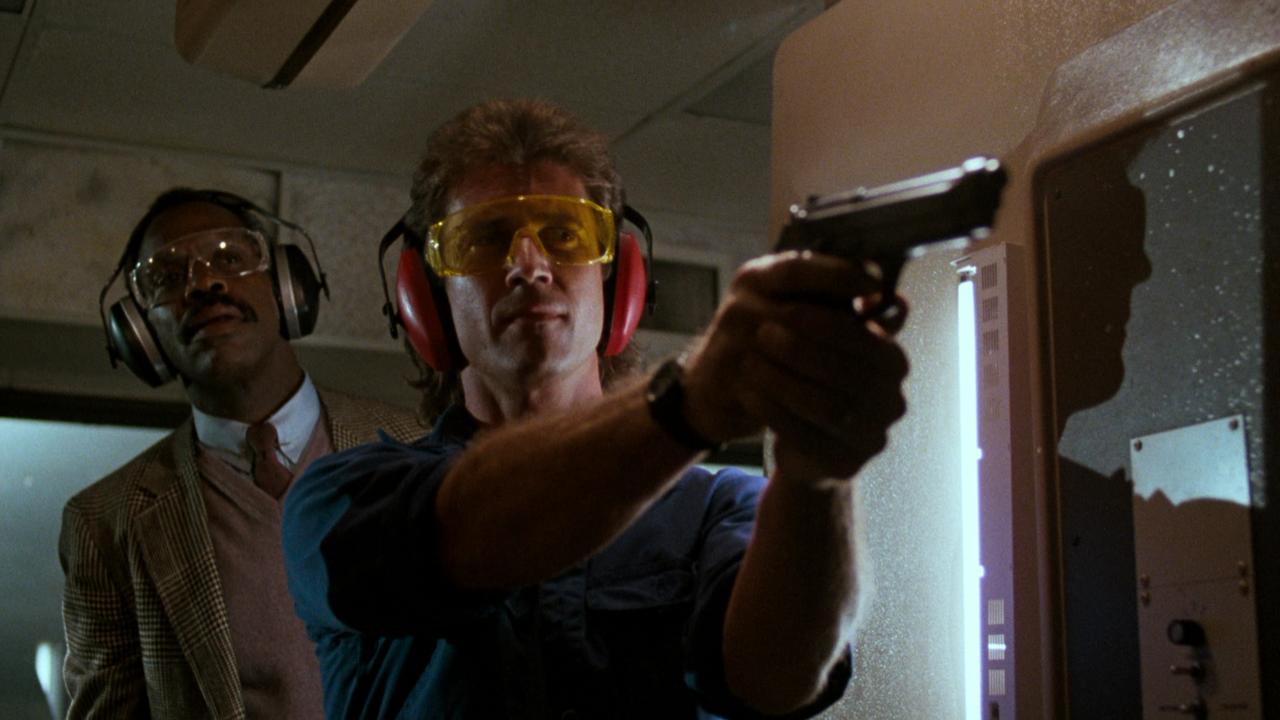


Discussion